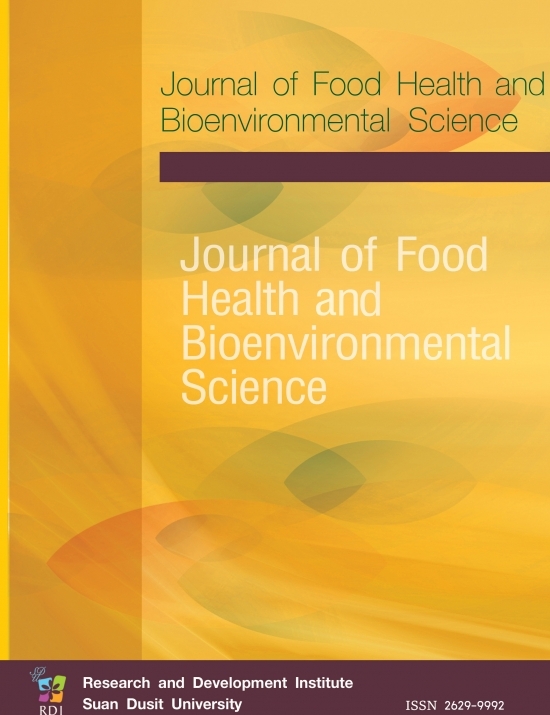Mutation Identification in Sugarcane Somaclones Using Simple Sequence Repeat Markers (SSR)
Keywords:
Sugarcane, Somaclonal Variations, Simple Sequence Repeat (SSR) Markers, Nucleotide Sequence AnalysisAbstract
There have been several reports suggesting that the tissue culture technique
produced genetic variations of somaclones from a wild type plant. In this study, SSR
markers was used to detect the genetic variation in regenerated plants from leaves
and shoots via callus culture of sugarcane variety K84-200. DNA from 58 somaclones
and the wild type plant K84-200 were isolated. Ten primers of simple sequence
repeat (SSR) markers were used to determine mutation of somaclones. Among all
ten amplified SSRs, 3 primers MCSA205C07, SMC226CG and SMC319CG showed
different polymorphisms from the wild type plant. The clustering analysis separated
58 somaclones and the wild type plant into 2 groups. The wild type is in group A
while group B was different from the wild type in regards to DNA pattern and
sequence variations including insertions, deletions, and substitutions in somaclones.
This result showed that the somaclonal variation technique can induce genetic variation
from the wild type. SSR markers and sequencing of SSR polymorphic bands
are a useful tool for detection of genetic variations in somaclones.








